Who has the best Physical Health here? Who is “Eating Clean”? How can you tell?
What's the difference between a Nutritionist and Dietitian?
There is NO legal regulation or control over the use of the title Nutritionist. This means, ANYONE can call themselves a Nutritionist. What The Fruit?!
Influencers, personal trainers, your cousin’s friend, anyone who has an opinion on nutrition can be a Nutritionist. Someone calling themselves a Nutritionist can have NO qualifications or actual training, or may have just done a 2 hour course online. Yikes!
(compare this to Becky - Dietitian, for example, who has been studying nutrition for a mere 25+ years)
OK, so what’s a Registered Nutritonist?
The title of Registered Nutritionist can only be used by those who meet the standards determined by The Nutrition Society of New Zealand. Registered Nutritionists must hold:
A Bachelor degree or post-graduate qualification majoring in human nutrition.
2-3 years of professional experience in the field of nutrition.
Adhere to The Royal Society of New Zealand Code of Professional Standards and Ethics
Must participate in a Continuing Education Competency Programme.
Gotcha, so what’s a Dietitian?
A dIETITIAN CAN call themselves A NUtritionist,
But A Nutritionist CANNOT call themselves a Dietitian.
A Dietitian is:
A highly qualified and registered health professional who are regulated by law and only those practitioners registered by the NZ Dietitians Board can use the title of Dietitian. Registered Dietitians have an accredited 3-4 year undergraduate health science degree, as well as a 2 year post-graduate qualification in Dietetics or Nutrition and Dietetics, and often further study on top of that. Basically, a lot of geeking out!
Dietitians can call themselves Nutritionists, but a Nutritionist or Registered Nutritionist cannot call themselves a Dietitian. It can be confusing!
Dietitians evaluate technical scientific evidence about food and nutrition and translate it into practical strategies.
Dietitians are skilled in understanding human physiology, biochemistry, blood tests, clinical health conditions, medications, behaviour change, counselling skills as well as all the food stuff!
Dietitians work with individuals, whānau, communities and populations in states of health and disease to support optimal health and well-being. Dietitians can work in hospitals, public health, government, private practice and other cool places, like national Sports Institutes.
Dietitians are accountable for ensuring that their practice is consistent with the Dietitians Board’s competency requirements, Code of Ethics and Conduct, and the relevant legislation. They need to keep up-to-date and are constantly learning new stuff and must demonstrate this each year in order to practice.
Right, What’s a Sports Dietitian?
A Sports Dietitian is a Specialist Dietitian who is has undertaken even more specific study in the field of sports nutrition, exercise physiology and exercise biochemistry. More geeking out on science and practical know-how!!
Sports Dietitians have a deep understanding of:
Human Anatomy and physiology, Exercise biochemistry, Metabolism, Energy Systems, Training Adaptations, Body Composition, Sports Medicine Conditions
Couple that with all the sports nutrition “stuff” and you have something pretty unique; someone who can use their nutrition knowledge to enhance the body’s repsonse to training and ultimately help you become fitter, faster and stronger. Awesome!
A Sports Dietitian can help with things like:
Fuelling the body for training, Low iron levels or anaemia, Recovery Nutrition, Stress Fracture Prevention and Recovery, Race Day Nutrition Plans, Gut issues with Exercise, Energy Needs for Adolescent athletes, Supplement Advice, Tendon Repair advice, Concerns with eating, Eating Disorders in Sport, Coach education…. and lots more!
Choose a Registered Nutritionist or a Dietitian
When looking for someone to provide dietary advice, you should always check out their qualifications and the registration of the person.
Would you go to an amateur dentist? Would you go to an almost-Doctor?
You are trusting your health (physical + mental) to someone - make sure you do your research.






